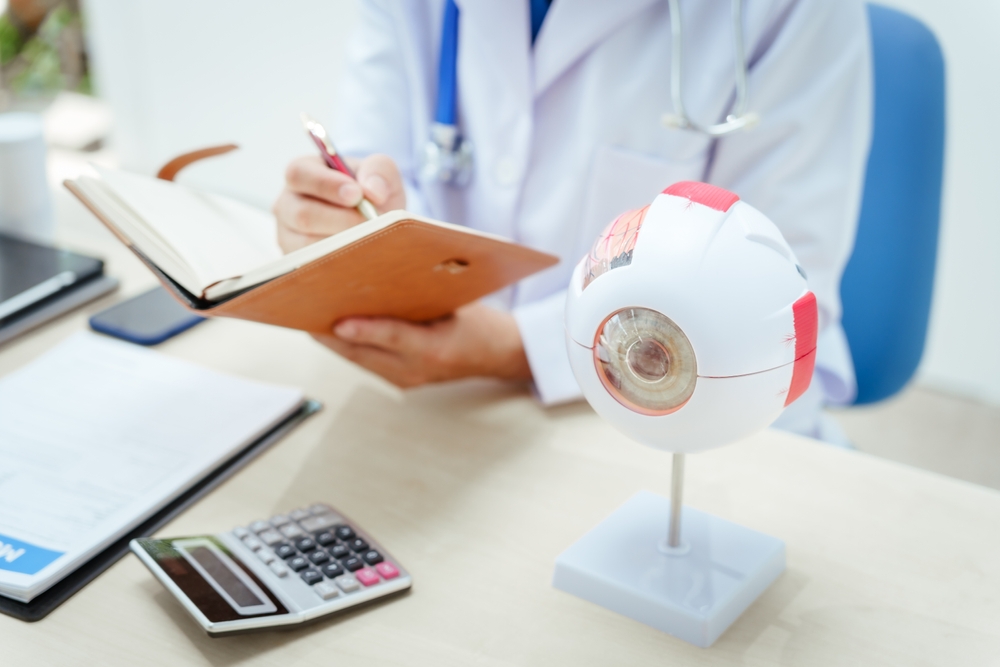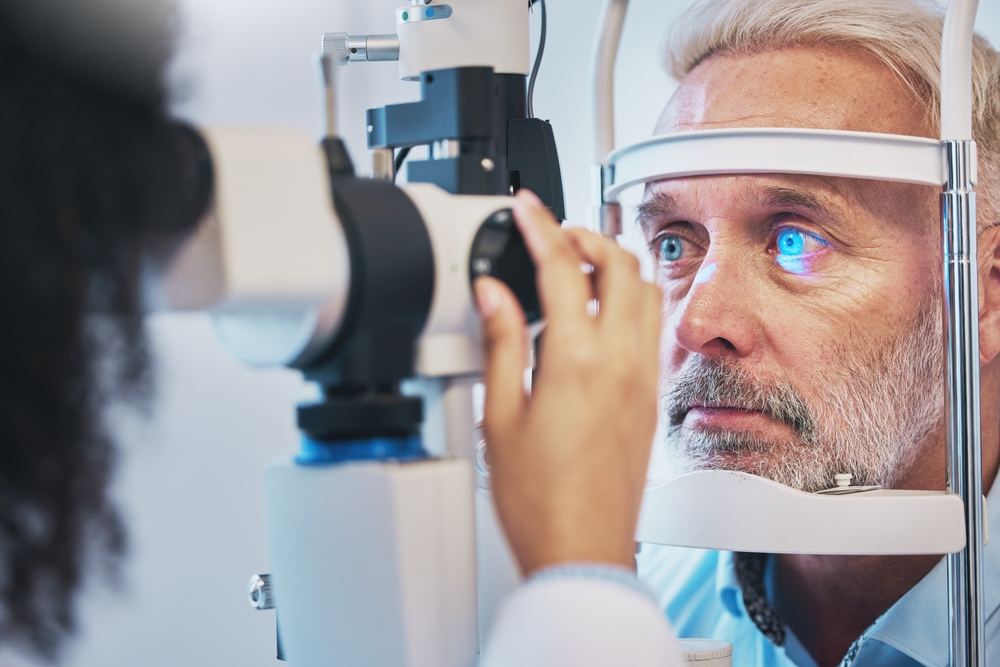Eyecare Rockwall Blog
Learn more about optometry care in our blog!

At Eyecare Rockwall, we understand that your vision needs evolve over time. From childhood through adulthood and into the senior years, your eyes deserve personalized attention and care. Our team is dedicated to providing advanced, compassionate eye care that meets your needs at every stage of life.

If you’re living with diabetes, managing your health goes far beyond blood sugar levels. Even when your vision appears normal, diabetes can quietly affect your eyes in ways you might not notice. Diabetic eye exams help detect changes early, prevent vision loss, and preserve your long-term eye health.

Whether you’ve struggled with traditional lenses or have been told you’re not a candidate for contacts, specialty lenses may offer a life-changing solution. But how do you know if they’re right for you? Let’s explore who makes an ideal candidate for specialty contacts and why a professional contact lens exam and fitting are essential to success.

Myopia is becoming increasingly prevalent in children. With more screen time, reduced outdoor activities, and genetic predisposition playing a role, many parents are searching for ways to manage their child’s worsening vision. One promising treatment option is low-dose atropine eye drops. These drops have been shown to slow the progression of myopia, helping to preserve long-term eye health and reduce the risk of future complications.

Dry eye is more than a temporary irritation. For many, it’s a persistent problem that affects day-to-day comfort and eye health. But what makes dry eye a chronic condition, and why is it important to understand its nature?

As a parent, ensuring your child's overall well-being is a top priority. One crucial aspect of this is supporting their vision development. Children's eyes are constantly changing and growing, and it's essential to provide them with the necessary care and attention to maintain optimal visual health.

Myopia, commonly known as nearsightedness, is a refractive error that causes distant objects to appear blurry while close-up objects remain clear. It is a common vision problem, especially among children. Myopia occurs when the eyeball is too long or the cornea is too curved, causing light to focus in front of the retina instead of directly on it.

Dry eye is a prevalent condition that occurs when your eyes don't produce enough tears or when the tears evaporate too quickly. It is often accompanied by symptoms such as discomfort, redness, and a gritty feeling in the eyes. Understanding the causes and symptoms of dry eye is the first step towards finding effective treatment options.

Dry eye syndrome is a common condition that occurs when your tears are unable to provide enough lubrication for your eyes. This syndrome can be caused by a variety of factors, such as aging, certain medications, and medical conditions.

Myopia, often referred to as nearsightedness, is a common vision condition where objects up close appear clearly while distant objects seem blurry. This condition is typically caused by an elongated eyeball, which results in light being focused in front of the retina, instead of directly on it. Myopia management involves strategies and treatments to slow down the progression of myopia in children and young adults.









